Since Covid I have met several individuals that have been successful as a Virtual Assistant.
One comes to mind who has built a good business.
However, by her own admission the real challenge for her has been the transition from the virtual world to the face to face one particularly in an event environment.
Recently she mentioned to me about a client who simply wouldn’t give her the authority to see projects through – and with events particularly, it proved to be a real challenge.
She explained:
“If the team you are dealing with can see the boss hasn’t either bought into you, or give you the necessary authority, then an event can become tricky to create and deliver.
Even when you really know what you are doing.
And of course, if you don’t it becomes even more of a problem!
In my experience you need proven tools to both use and importantly demonstrate their use to allay fears in a team environment and demonstrate credibility. This also gives you the bonus of increased knowledge as you use them”
As a Virtual Assistant, your expertise lies in seamless remote support, managing a multitude of tasks with impressive efficiency. You’re the backbone of your clients’ operations, a master of digital organisation. But what happens when a client requests your assistance in planning a physical event? Suddenly, the familiar digital landscape shifts to the tangible world of venues, catering, and on-site logistics.
Perhaps you’ve experienced this: a client, thrilled with your virtual prowess, asks you to coordinate a small conference or a client appreciation event. While you’re adept at online research and communication, the practicalities of securing a venue that aligns with their brand, negotiating with local suppliers you’ve never met, and ensuring everything runs smoothly on the day can feel like stepping outside your comfort zone.
You might find yourself wondering about the nuances of event contracts, the etiquette of dealing with caterers, or the best way to manage attendee registration for a physical space. The virtual tools you rely on daily might not directly translate to these real-world challenges.
The Challenge: Bridging the Virtual and Physical Event Realms
For VAs, the primary hurdle often lies in the transition from the digital to the physical. You excel in managing tasks remotely, but event planning often requires on-the-ground coordination and a different set of interpersonal skills.
Your Solution: Leverage Your Existing Skills and Acquire Event-Specific Knowledge
The good news is that your core VA skills are highly transferable to event planning. Your organisational abilities, meticulous attention to detail, and excellent communication skills are foundational. The key is to supplement these with event-specific knowledge and strategies:
Thorough Client Briefing (Your Remote Advantage)
Your strength in remote communication allows you to conduct in-depth virtual meetings with your client to establish a crystal-clear event brief. Utilize screen sharing to review potential venues online, discuss catering options, and collaboratively build a detailed plan.
Strategic Research and Vendor Vetting (Your Online Expertise)
Your online research skills are invaluable here. Leverage online directories, reviews, and virtual tours to identify potential venues and suppliers. Conduct thorough online vetting before committing to any in-person meetings or contracts.
Clear Communication and Documentation (Your Organisational Foundation)
Maintain meticulous records of all communications, contracts, and logistical details. Create shared online documents that your client can access to stay informed at every stage. Your proficiency in project management tools will be a significant asset.
Building Local Networks (Consider Collaboration)
If the event is in a location unfamiliar to you, consider building a small network of trusted local event professionals or even other VAs with event experience. Collaboration can provide invaluable on-the-ground support.
Focus on Transferable Skills (Your Core Strengths)
Remember that your skills in managing timelines, coordinating schedules, and handling administrative tasks are directly applicable to event planning. Break down the event into a series of manageable tasks, just as you would with any other project.
By recognising the transferable nature of your existing skills and proactively acquiring event-specific knowledge, you can confidently bridge the gap between the virtual and physical realms of event management.
Embracing a structured approach and leveraging your online expertise will empower you to deliver successful and impactful events for your clients. If you’re looking to build this crucial skillset and confidently expand your service offerings, exploring dedicated event planning training can provide you with the specific tools and techniques you need.

